heating for tiny house not always occupied.
jeannecorvan
12 years ago
Related Stories

GREAT HOME PROJECTSHow to Add a Radiant Heat System
Enjoy comfy, consistent temperatures and maybe even energy savings with hydronic heating and cooling
Full Story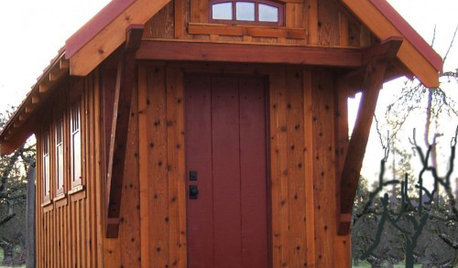
SMALL HOMESHouzz Tour: A Tiny, Happy, Eco-Friendly Home
Think your house is small? Try finding all the space you need in 120 square feet
Full Story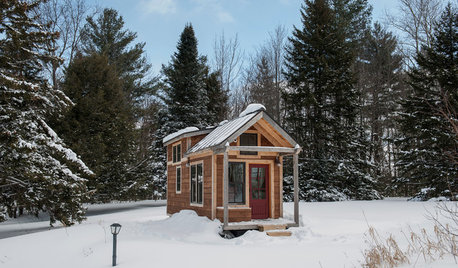
TINY HOUSESHouzz Tour: A Custom-Made Tiny House for Skiing and Hiking
Ethan Waldman quit his job, left his large house and spent $42,000 to build a 200-square-foot home that costs him $100 a month to live in
Full Story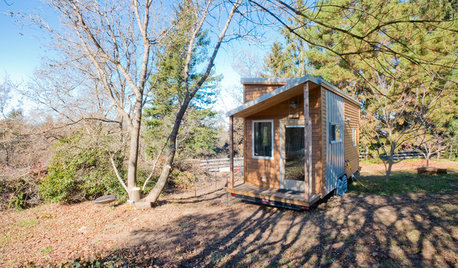
SMALL HOMESHouzz Tour: Rolling With Simplicity in a Tiny House on Wheels
Just 240 square feet, this California home encourages efficient living — but there’s still room for yoga
Full Story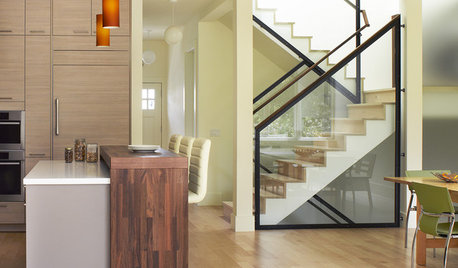
FLOORSIs Radiant Heating or Cooling Right for You?
Questions to ask before you go for one of these temperature systems in your floors or walls (yes, walls)
Full Story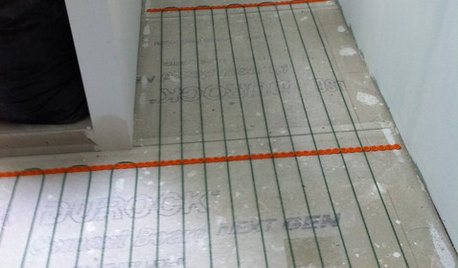
BATHROOM DESIGNWarm Up Your Bathroom With Heated Floors
If your bathroom floor is leaving you cold, try warming up to an electric heating system
Full Story
GARDENING GUIDES10 Drought-Tolerant Shrubs That Thrive in Full Sun and Reflected Heat
Got a hot spot in your garden where plants often die? Try these tough shrubs that add beauty while shrugging off the heat
Full Story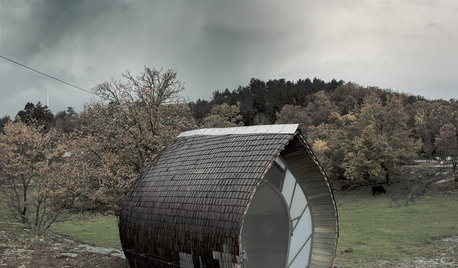
HOUZZ TOURSHouzz Tour: A Rare Tiny-Home Specimen in Sweden
With a reptilian skin and unusual architecture, this small home focuses on nature and simple living
Full Story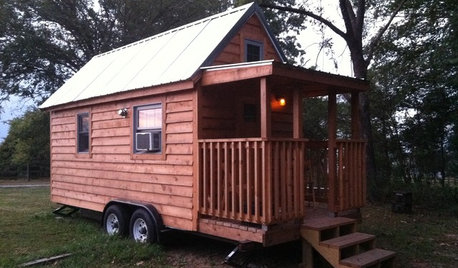
HOUZZ TOURSHouzz Tour: Tiny Home Built for Big Adventure
Newlyweds Evan and Gabby Coulson construct a 117-square-foot home made for the road
Full Story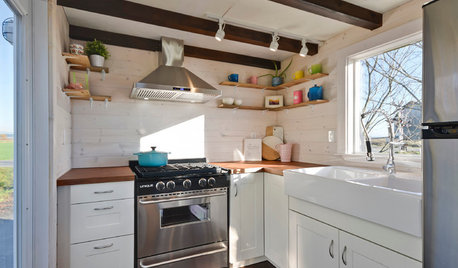
SMALL HOMESHouzz Tour: A Tiny House Packed With Style
A couple in Northern California opts for a customized home on wheels with clever design and storage solutions
Full StoryMore Discussions








mike_home
jeannecorvanOriginal Author
Related Professionals
Dana Point Solar Energy Systems · Lakeville Solar Energy Systems · Wakefield Solar Energy Systems · Brentwood Home Automation & Home Media · Broomfield Home Automation & Home Media · Half Moon Bay Home Automation & Home Media · Lees Summit Home Automation & Home Media · Mount Lebanon Home Automation & Home Media · Pittsburgh Home Automation & Home Media · Saint Petersburg Home Automation & Home Media · Southlake Home Automation & Home Media · Temecula Home Automation & Home Media · Aurora Fireplaces · Greeley Fireplaces · Lake Ridge Fireplacesmike_home
bus_driver
brickeyee
bus_driver
brickeyee
jeannecorvanOriginal Author
jeannecorvanOriginal Author
SaltiDawg